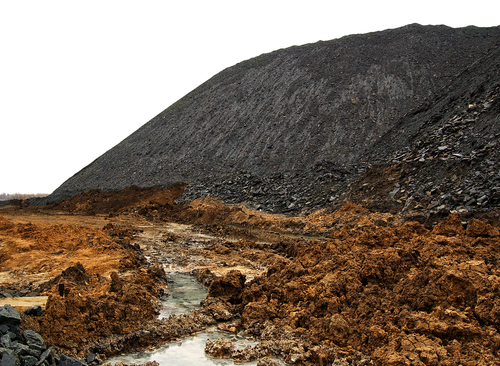
Firepoint Energy Inc., a developer of waste-coal-to-energy, intends to lease 100 acres in Indiana County, Pa., to develop a pilot site for extracting lithium, creating synthetic jet fuel, and eliminating a four-million-ton waste coal pile.
“We will be adding electrolysis equipment on-site to assist in the separation of the minerals from the wastewater, in addition to reverse osmosis treatment equipment to scrub any additional minerals, or any type of hazardous minerals from the water,” said Firepoint Energy CEO Bill Smith.
Firepoint Energy, a Wyoming C-Corp startup with a principal office in Punxsutawney, Pa., said Monday it entered into a letter of intent for the lease and plans to redevelop the site located in Tunnelton in Conemaugh Township to extract lithium, salt, and other minerals from the brine water emitted by natural gas wells. This site could produce two tons of lithium annually, the company said.
Additionally, Firepoint Energy plans to use the plasma gasification process that it helped to develop to convert the site’s four million tons of waste coal into synthetic jet fuel, electrical energy, and green hydrogen.
At the same time, this plasma gasification process also will enable the extraction of rare earth minerals from the waste coal, along with critical minerals, including alumina, cerium, cobalt, nickel, lithium, and neodymium.
In addition, the acid mine drainage at the Tunnelton site — and at every other location overseen by Firepoint Energy — will be funneled through plasma gasifiers for conversion into hydrogen, which will increase the hydrogen content of the company’s synthetic aviation fuel.
“The interest shown toward our company and its processes goes all the way up to the Pennsylvania Governor’s office,” Smith said. “Many states are interested in seeing their waste coal cleared away and converted into rare earth minerals and renewable fuels.
“Once we achieve a solid footing in Pennsylvania, we hope to branch into Ohio, West Virginia, Virginia, Tennessee, Kentucky, and eventually as far south as Texas,” he added.